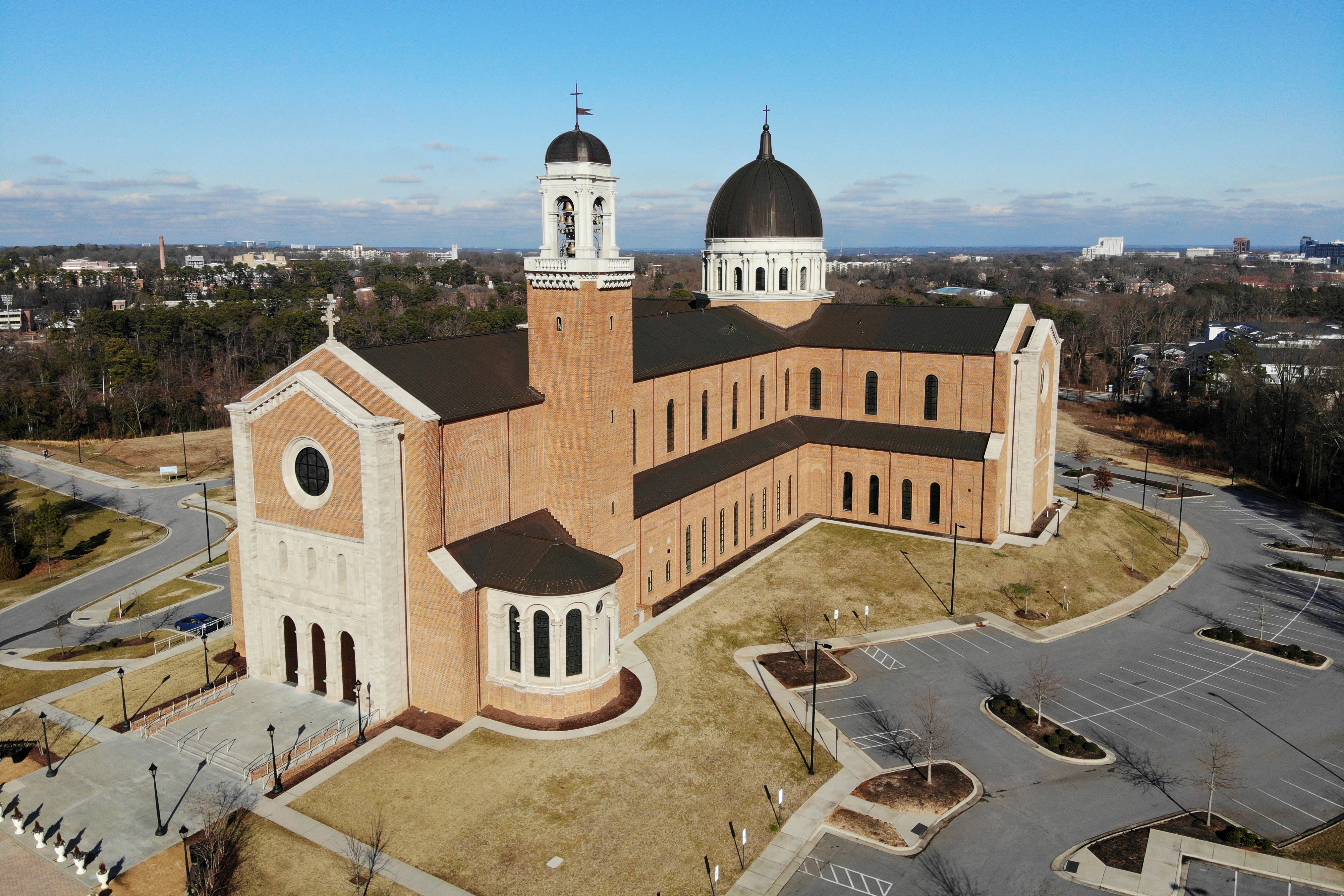Takeaways: AP investigation of Catholic Church and US aid
When the coronavirus pandemic sent the U.S. economy into freefall, the federal government hastily knit a safety net for small businesses called the Paycheck Protection Program

When the coronavirus pandemic sent the U.S. economy into freefall last year, the federal government hastily knit a safety net for small businesses called the Paycheck Protection Program The idea was to keep Main Street alive — and workers paid — even as the public health emergency shuttered shops and offices.
So far, Congress has committed nearly $1 trillion in relief. An Associated Press investigation found that the Roman Catholic Church one of the world’s largest institutions, was perhaps the biggest beneficiary.
Some key takeaways from AP’s investigation:
A BREAK AND A PUSH
The Catholic Church doesn’t sound like a small business. But based on a special exception the U.S. church helped lobby into the program’s rules, its thousands of parishes, schools and other affiliated entities became eligible. Having secured that break they received at least $3 billion from the paycheck program, AP found.
To calculate that tally, reporters hand-checked tens of thousands of records to identify institutions from all major faith groups and major charities in the U.S.
Catholic entities received about as much as the combined total of faith-based recipients from the four religions with the next largest amounts: Baptist, Lutheran, Methodist and Jewish. Catholic institutions also received many times more than other major U.S. nonprofits with charitable missions, such as the United Way, Goodwill Industries and Boys & Girls Clubs of America. Overall, Catholic organizations got nearly twice as much as 40 of the largest, most well-known charities, AP found.
QUESTIONS OF NEED
Those large dollar amounts were possible because, from bishops and cardinals on down, the nation’s dioceses promoted the paycheck program.
One pastor told AP that leaders at his diocese’s headquarters kept pressing him to get what one called “free money” for the church he leads. The pastor declined on what he described as moral grounds — he knew the program was supposed to help employers who, without the money, might close forever.
Although need was a key element of the paycheck program, the money had to circulate quickly. So instead of the usual scrutiny, this time applicants for government aid simply signed that they needed the money. AP found that Catholic dioceses that got the taxpayer-backed aid were sitting on well over $10 billion in cash, short-term investments and other liquid assets heading into the pandemic — an amount that only hints at their total wealth.
The financial resources of some dioceses rivaled or even exceeded those available to companies traded on stock markets, like Shake Shack and Ruth’s Chris Steak House, whose early participation in the program triggered outrage. Many corporations returned the funds.
THE CASH CATASTROPHE THAT WASN’T
When the coronavirus forced parishes to close their doors last spring, losing in-person Sunday collections as a result, church leaders predicted a staggering financial blow.
Instead, AP found mounting evidence that the financial strength of dioceses remained robust — or even improved. That evidence came from audited financial statements that many of the nation’s nearly 200 dioceses post online. The financials give a snapshot of each diocese’s health as of June, several months into the pandemic.
In all, 38 of the 47 dioceses that already have posted their 2020 financials increased the cash, short-term investments and other funds they and their affiliates could use for general or unanticipated expenses. The pattern held whether a diocese was big or small, urban or rural, East or West, North or South.
At the nine dioceses that recorded declines in the fiscal year ending in June, the drops typically were less than 10% and still left them with millions of dollars on hand.
CHURCH RESPONDS
Catholic leaders told AP their parishes and schools suffered financially when they closed to slow the spread of the deadly virus. Without Paycheck Protection Program funds, they said, they would have had to slash jobs and curtail their charitable mission just when demand for food pantries and social services was spiking.
“We experienced a very steep and sudden revenue loss with no sign on the horizon that things would improve,” a spokeswoman for the Chicago Archdiocese said in response to questions.
The archdiocese had more than $1 billion in cash and short-term investments in its headquarters and cemetery division as of May — enough to cover about 631 days of operating expenses, according to a review by the independent ratings agency Moody’s Investors Service. Chicago’s parishes, schools and ministries accumulated at least $77 million in paycheck protection funds.
In Los Angeles, archdiocesan spokeswoman Adrian Marquez Alarcon told AP the pandemic triggered “significant impact,” leading to wage cuts and layoffs of parish staff, musicians and wedding coordinators.
Parishes, schools and ministries there collected at least $80 million in paycheck protection aid. That came at a time when the headquarters reported $658 million in available funds in the fiscal year when the coronavirus arrived.
___
Contact AP’s global investigative team at Investigative@ap.org. Contact the reporters at https://twitter.com/reesedunklin and https://twitter.com/mikerezendes.